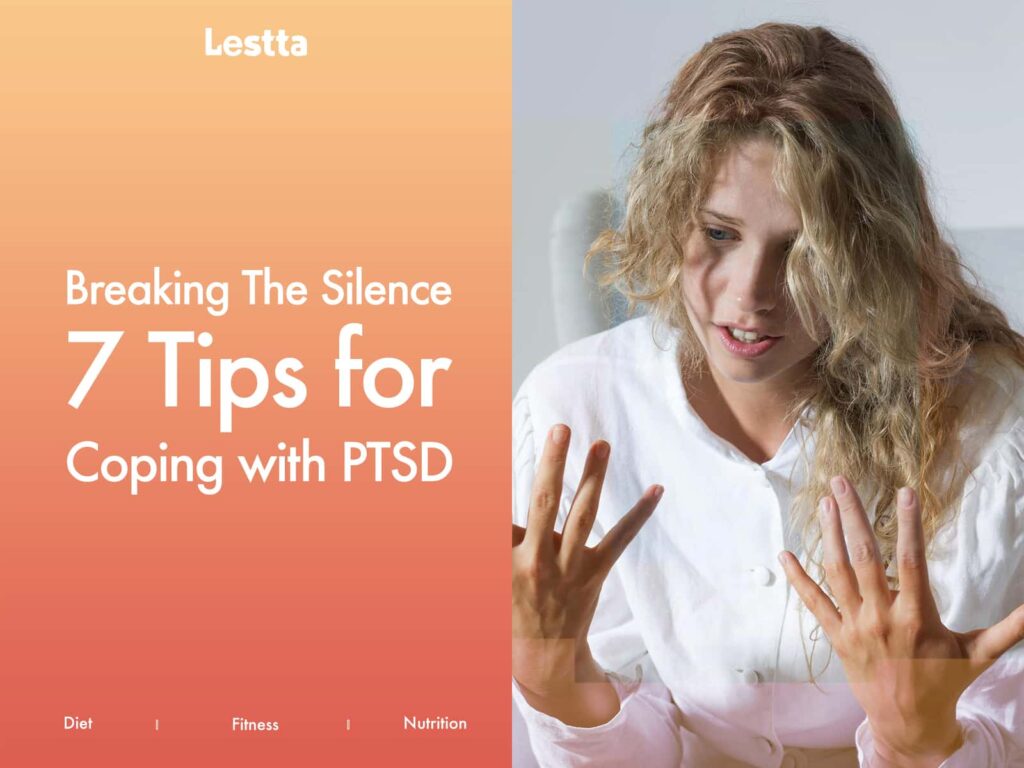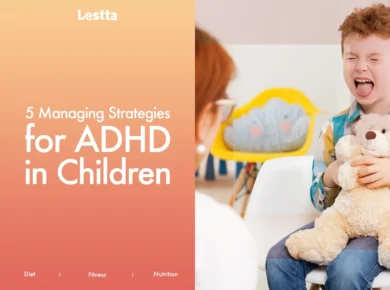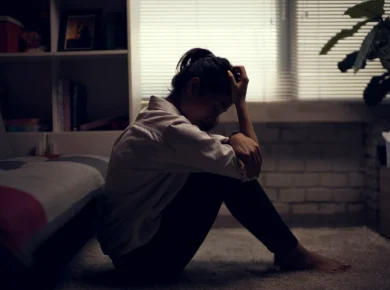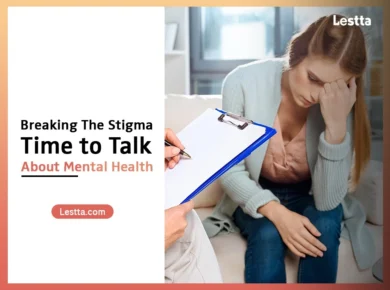Breaking The Silence: 7 Tips for Coping with PTSD

Post-traumatic stress disorder (PTSD) is a mental health condition that can develop after experiencing or witnessing a traumatic event. Coping with PTSD can be a challenging process, but there are steps individuals can take to manage their symptoms and improve their quality of life.
Recognizing the Symptoms of PTSD
PTSD symptoms can vary from person to person, but common symptoms include flashbacks, nightmares, avoidance, and hyperarousal. It is important to recognize these symptoms and seek help if they are impacting your daily life.
7 Tips for Coping with PTSD
- Seek Professional Help: A mental health professional can help you develop coping strategies. Ans provide support as you work through your trauma.
- Practice Self-Care: Engage in activities that bring you joy and relaxation, such as exercise, meditation, or spending time in nature.
- Connect with Others: Talking to trusted friends or family members can help you feel less isolated. Also, provides a sense of support.
- Create a Safety Plan: Identify situations that trigger your PTSD symptoms and develop a plan to manage them.
- Stay Grounded: Use grounding techniques, such as deep breathing or focusing on the present moment, to manage feelings of anxiety or panic.
- Educate Yourself: Learn about PTSD and its treatment options to better understand your symptoms and available resources.
- Be Patient: Coping with PTSD is a journey, and it is important to be patient and kind to yourself as you work through your trauma.
Breaking the Stigma
Breaking the silence surrounding mental health conditions, including PTSD, is crucial for reducing stigma and increasing access to treatment. Seeking help for mental health concerns is a sign of strength. And individuals should feel empowered to prioritize their mental health.
In conclusion, coping with PTSD is a challenging process, but there are steps individuals can take to manage their symptoms. By seeking professional help, practicing self-care, connecting with others, creating a safety plan, and more individuals can develop coping strategies to manage their symptoms.
Breaking the stigma surrounding mental health conditions is crucial for reducing barriers to treatment and supporting individuals as they work towards healing and recovery. If you are experiencing symptoms of PTSD, know that help is available and reach out for support today.









